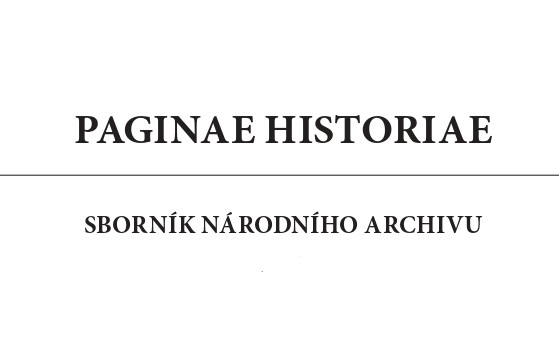Kartely v ekonomické diplomacii? Boj o trhy s vápnem na pozadí československo- -německých hospodářských jednání (1920–1925)
Cartels as a part of the economic diplomacy? The struggle for the lime markets in the background of the Czechoslovak-German economic talks 1918–1925
Author(s): Tomáš GeckoSubject(s): Diplomatic history, Economic history, International relations/trade, Pre-WW I & WW I (1900 -1919), Interwar Period (1920 - 1939)
Published by: Národní archiv
Keywords: economic diplomacy; cartel; lime markets; Czechoslovakia; Germany; first half of the 20th century;
Summary/Abstract: The study interprets the lobbing strategies of the Northern Bohemian and Moravian-Silesian lime producers in the background of the Czechoslovak-German economic talks about the quota system in the mutual trade in 1920–1925. While the Czechoslovak lime industry tried to keep its access to the Reich German sales area after the WWI, the German lime works wanted to use the “historic opportunity” and push out the Northern Bohemian and Moravian-Silesian producers completely. The strategy of both sides gained some very vigorous forms of both aggressive and defensive nature. The paper is focused on the lobbying participants as well as on the very progress of the economic negotiations with a special regard to the regulation of the foreign trade with lime immediately after the WWI. The industrial agreements of the producers (cartels, syndicates) in the lime industry entered the economic diplomacy as an active participant that was regarded as a legitimate tool in creation of interventionist policy in the foreign trade.
Journal: Paginae Historiae
- Issue Year: 26/2018
- Issue No: 1
- Page Range: 163-174
- Page Count: 12
- Language: Czech

